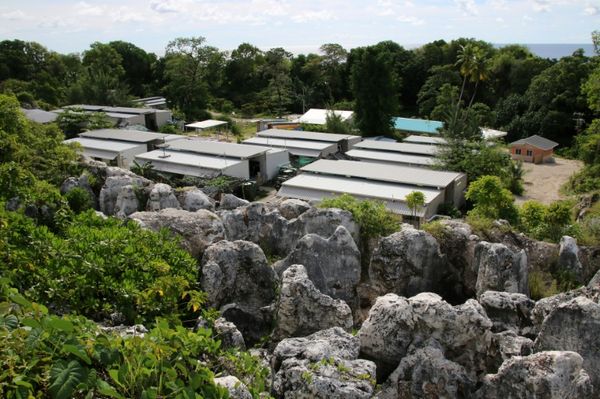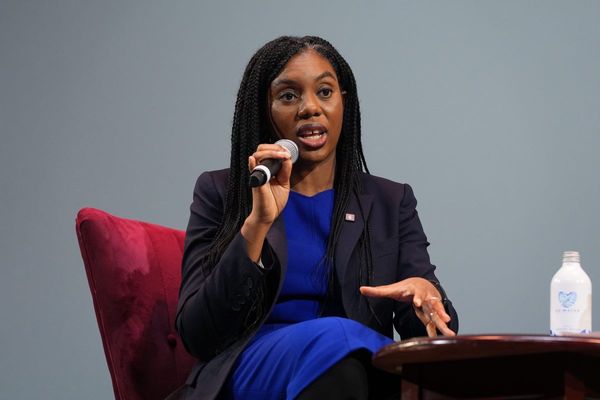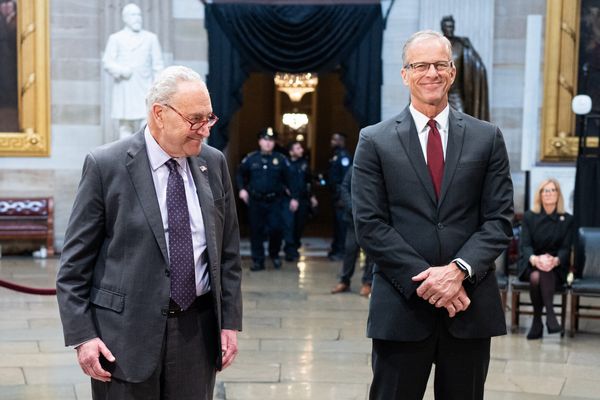
Kabul (AFP) - The Taliban's reclusive supreme leader Hibatullah Akhundzada showed up Friday at a major gathering of clerics in the Afghan capital called to rubber-stamp the hardline Islamist group's rule over the country.
Akhundzada, who has not been filmed or photographed in public since the Taliban returned to power in August, would address the gathering later, government spokesman Bilal Karimi tweeted.
His arrival, broadcast on state radio, was greeted with cheers and chants including "Long live the Islamic Emirate of Afghanistan", the Taliban's name for the country.
Over 3,000 clerics and elders have gathered in Kabul since Thursday for the three-day meeting, and Akhundzada's appearance had been rumoured for days -- although media are barred from covering the event.
He rarely leaves Kandahar, the Taliban's birthplace and spiritual heartland, and apart from one undated photograph and several audio recordings of speeches, has almost no digital footprint.
But analysts say Akhundzada, believed to be in his 70s, has an iron grip on the movement and bears the title "Commander of the Faithful".
Akhundzada's appearance comes a week after a powerful earthquake struck the east of the country, killing over 1,000 people and leaving tens of thousands homeless.
No women are attending the clerics meeting, but a Taliban source told AFP this week thorny issues such as girls' education -- which has divided opinion in the movement -- would be discussed.
Since the Taliban's return, secondary school girls have been barred from education and women dismissed from government jobs, forbidden from travelling alone, and ordered to dress in clothing that covers everything but their faces.
They have also outlawed playing non-religious music, banned the portrayal of human figures in advertising, ordered TV channels to stop showing movies and soap operas featuring uncovered women, and told men they should dress in traditional garb and grow their beards.
Heightened security
The Taliban have thrown a dense security blanket over the capital for the meeting, but on Thursday two gunmen were shot dead near the venue.
Officials said the two started firing from a rooftop but were "quickly eliminated by Mujahideen with the help of Allah the Almighty".
Officials have provided scant details of the three-day men-only "jirga" -- a traditional gathering of clerics and influential people that settles differences by consensus.
But most speeches so far have focused on loyalty to the Taliban regime, and strict punishment for those who oppose it.
"Obedience is the most important principle of the system," Habibullah Haqqani, the head of the gathering, said in his opening remarks.
"We must obey all our leaders in all affairs, sincerely and truly."
One leading cleric said Thursday that anyone attempting to topple the Taliban regime should be beheaded.
"This (Taliban) flag has not been raised easily, and it will not be lowered easily," Mujib ur Rahman Ansari, the imam of Gazargah Mosque in Herat, told the gathering.
"All religious scholars from across Afghanistan should come to this conclusion...whoever commits the smallest act against our Islamic government should be beheaded."
Women's rights activists have slammed their lack of participation.
"Women should be part of the decisions about their fate," Razia Barakzai told AFP Thursday.
"Life has been taken away from Afghan women."







